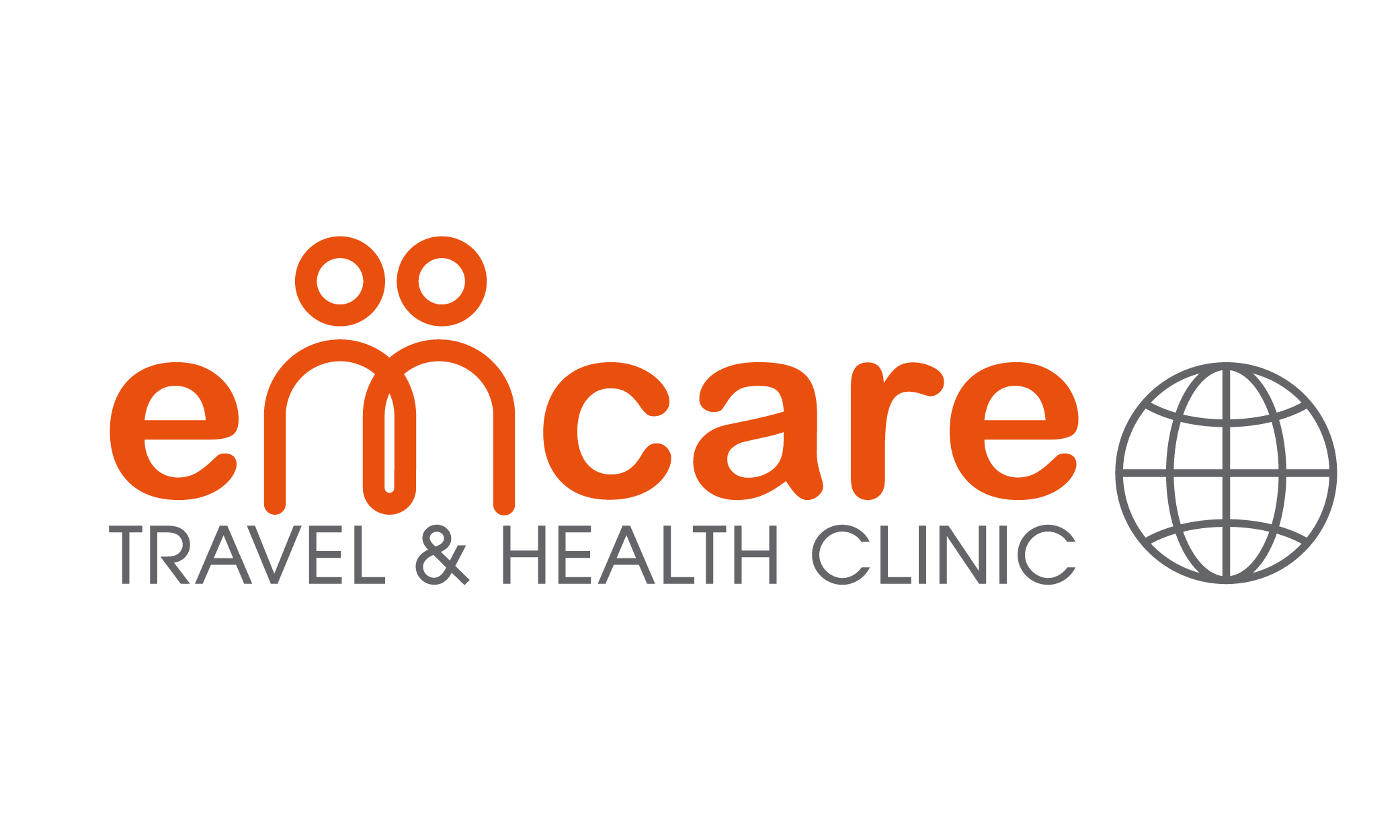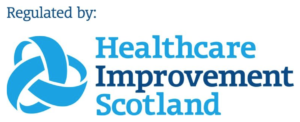When the British winter sets in, with short days, frosty mornings and damp evenings, the idea of a winter sun holiday becomes irresistible. Whether it’s a quick city break in Dubai, two weeks in Thailand’s islands, or a cultural adventure through Morocco, travellers head to sunnier destinations in their thousands.
But before you start packing swimsuits and sandals, there’s one essential item that often gets overlooked: your vaccines. Different destinations carry different health risks, and while UK winters may bring colds and flu, warmer countries can expose you to entirely different illnesses. Being protected in advance gives you peace of mind and helps ensure your getaway remains a holiday to remember, not one you regret.
This guide explores the key vaccines you should consider, why they matter, and how to get prepared before your trip.
Why Vaccinations Are Crucial for Winter Sun Travel
Unlike most summer breaks in Europe, winter sun destinations often take you further afield. From the Caribbean and Southeast Asia to Africa and South America, these regions can expose you to infectious diseases that aren’t common in the UK.
Many of these illnesses are food- and water-borne, mosquito-borne, or transmitted through contact with animals. In addition, some countries legally require proof of vaccination (such as for yellow fever) before allowing entry.
Vaccinations don’t just protect you; they also reduce the risk of spreading infections across borders. For example, measles outbreaks across Europe in recent years have shown how quickly illnesses can spread when vaccination levels drop.
Routine Vaccinations: Start With the Basics
Before focusing on travel-specific vaccines, it’s essential to ensure your routine NHS immunisations are up to date.
These include:
- Tetanus, diphtheria and polio (Td/IPV booster) – usually offered every 10 years for travellers.
- MMR (measles, mumps, rubella) – two doses are vital, especially as measles outbreaks are still common across parts of Europe and beyond.
- Seasonal flu jab – highly recommended, particularly if you’re vulnerable, since influenza spreads rapidly in airports and planes.
- COVID-19 vaccination and boosters – many countries still recommend being fully up to date.
Without this foundation, even a short break can expose you to risks. Always check your vaccination history before travelling.
The Core Travel Vaccines for Winter Sun Holidays
Depending on your chosen destination, your travel clinic may recommend one or more of the following:
Hepatitis A
One of the most common travel vaccines, hepatitis A protects against a liver infection spread through contaminated food and water. It’s widespread in areas with lower sanitation standards, including parts of Africa, Asia, the Caribbean and the Middle East.
- A single injection provides long-lasting protection, especially when followed by a booster.
- Highly recommended for almost all winter sun travellers.
Typhoid
Typhoid fever is another food- and water-borne illness that can cause serious illness. It’s prevalent in South Asia but also occurs across Africa and South America.
- Protection can be given via a single injection or oral capsules.
- Particularly recommended if you’ll be eating local street food or travelling outside resorts.
Yellow Fever
Yellow fever is a mosquito-borne viral illness found in parts of Africa and South America. Many countries require proof of yellow fever vaccination for entry, especially if you’re arriving from or transiting through risk areas.
- Only available at designated yellow fever centres.
- A single jab provides lifelong protection.
Rabies
Rabies is present in many countries and transmitted through the bite or scratch of infected animals (dogs, cats, monkeys, bats).
- Particularly important if you’re visiting rural areas, trekking, cycling, or working with animals.
- Pre-exposure vaccination involves a course of jabs and provides critical protection if treatment is delayed.
Japanese Encephalitis
This mosquito-borne illness is found in rural Asia, particularly in rice-growing and pig-farming regions.
- Risk is highest if you’re travelling long-term, camping, or visiting rural areas of Southeast Asia.
- The vaccine involves two doses, giving long-term protection.
Hepatitis B
Spread via blood and bodily fluids, hepatitis B is recommended for those who may undergo medical procedures abroad, get tattoos, or have close physical contact with locals.
- Found worldwide but especially common in parts of Asia and Africa.
- Can be given in a course or combined with hepatitis A for wider protection.
Cholera and Traveller’s Diarrhoea
Cholera vaccination may be suggested if you’re travelling to high-risk regions or working in humanitarian roles. While not common for tourists, it’s worth discussing if your trip involves rural or remote travel.
Destination-Specific Guidance
Your vaccine requirements depend heavily on where you’re going. Here’s a quick breakdown:
- Canary Islands, Madeira, and other European winter sun spots – Usually no travel vaccines required beyond routine immunisations. Still, ensure MMR and tetanus boosters are current.
- North Africa (e.g. Egypt, Morocco, Tunisia) – Hepatitis A and typhoid recommended. Rabies may be advised if travelling rurally.
- Caribbean – Hepatitis A and B advised, with some islands requiring yellow fever certificates if travelling from South America or Africa.
- Southeast Asia (Thailand, Vietnam, Bali) – Hepatitis A, typhoid, possibly Japanese encephalitis depending on itinerary. Malaria tablets often needed.
- Africa (Kenya, Tanzania, Gambia) – Hepatitis A, typhoid, yellow fever (mandatory for many countries), plus malaria prevention. Rabies often advised.
- South America (Brazil, Peru, Colombia) – Yellow fever, hepatitis A, typhoid, and malaria prevention recommended.
Beyond Vaccines: Malaria and Mosquito Protection
Not all diseases are vaccine-preventable. Malaria remains one of the biggest risks for travellers to Africa, Asia and South America.
Key protection steps:
- Take the right antimalarial tablets (such as atovaquone-proguanil, doxycycline, or mefloquine).
- Use insect repellent containing DEET.
- Sleep under treated mosquito nets in high-risk regions.
- Wear long sleeves and trousers in the evenings.
In addition, dengue fever, chikungunya and Zika—spread by mosquitoes—are common across Asia, Africa and Latin America. These don’t have vaccines widely available, so bite prevention is your best protection.
Timing Your Vaccines: Don’t Leave It Too Late
Travel vaccines don’t work instantly. Some require multiple doses spaced weeks apart. Ideally, book your consultation six to eight weeks before travel.
Even if you’re travelling last-minute, it’s still worth attending a clinic. Many vaccines offer protection within days, and even partial coverage is better than none.
NHS vs Private Travel Clinics
Some vaccines are free on the NHS (e.g. hepatitis A, typhoid, cholera, polio boosters). However, others—such as yellow fever, rabies, and Japanese encephalitis—are only available privately.
Booking with a private clinic like EmCare Travel Clinic means:
- A wider range of vaccines.
- Flexible appointment times.
- Specialist advice tailored to your trip.
Extra Travel Health Tips for a Safe Winter Sun Escape
Vaccines are only part of the picture. A few additional precautions can help protect your health abroad:
- Food and water safety – Drink bottled or purified water, avoid ice in drinks unless safe, and be selective with street food.
- Sun protection – Use high-factor sunscreen, wear UV-blocking sunglasses, and rehydrate regularly.
- Travel insurance – Ensure your policy covers medical emergencies and repatriation.
- Medical kit – Pack essentials like rehydration salts, insect repellent, first aid supplies, and any personal medication.
- Local health risks – Research destination-specific risks such as altitude sickness (Andes, Himalayas) or jellyfish stings (Australia, SE Asia).
How EmCare Travel Clinic Helps You Prepare
At EmCare Travel Clinic, our goal is to keep your winter sun holiday worry-free. Here’s how we support you:
- Personalised consultations – We assess your itinerary, medical history, and travel style to recommend exactly what you need.
- Wide vaccine access – From yellow fever to hepatitis, rabies and Japanese encephalitis, we provide a full suite of jabs.
- Malaria guidance – Get prescriptions for the right antimalarial tablets and advice on prevention.
- Convenience – Flexible appointment times and a straightforward booking system.
You can book directly online here: Book your appointment or call us on 0141 404 0075 for personalised advice.
Winter Sun Travel Vaccination Checklist
Before setting off, tick through this list:
- Are your routine UK vaccines (MMR, tetanus, polio, flu, COVID-19) up to date?
- Have you checked if your destination requires yellow fever proof?
- Did you book hepatitis A and typhoid if travelling outside Europe?
- Are rabies or Japanese encephalitis necessary for your trip style?
- Have you discussed malaria prevention for risk areas?
- Do you have travel insurance covering medical emergencies?
- Is your travel health consultation booked?
Final Thoughts
A winter sun holiday should be about sandy beaches, exciting cities, and cultural discoveries—not hospital visits or cancelled plans. By preparing with the right vaccinations, you can focus on enjoying yourself with peace of mind.
At EmCare Travel Clinic, we make the process straightforward, professional, and stress-free. Whether you’re off for a short break or a long adventure, our team ensures you’re fully protected.
Book your travel vaccination appointment today at EmCare Travel Clinic or call us on 0141 404 0075.
Your health is the most important travel companion you’ll ever have—don’t leave home without it.


Recent Comments